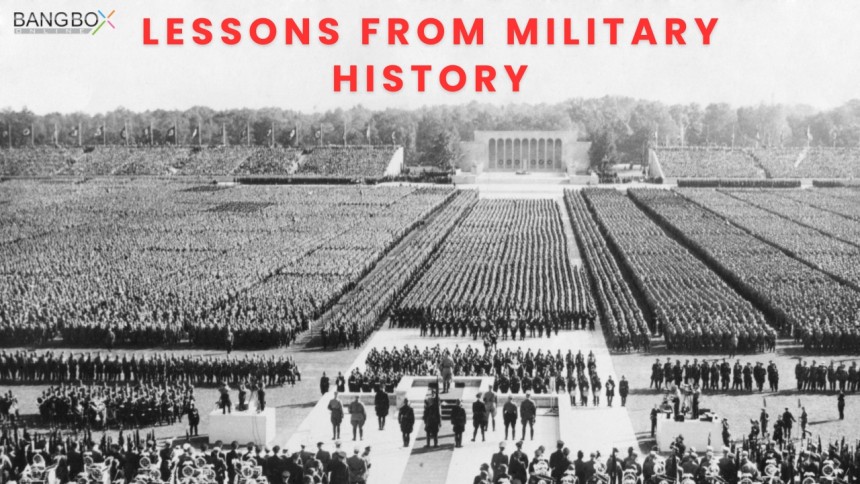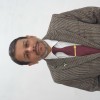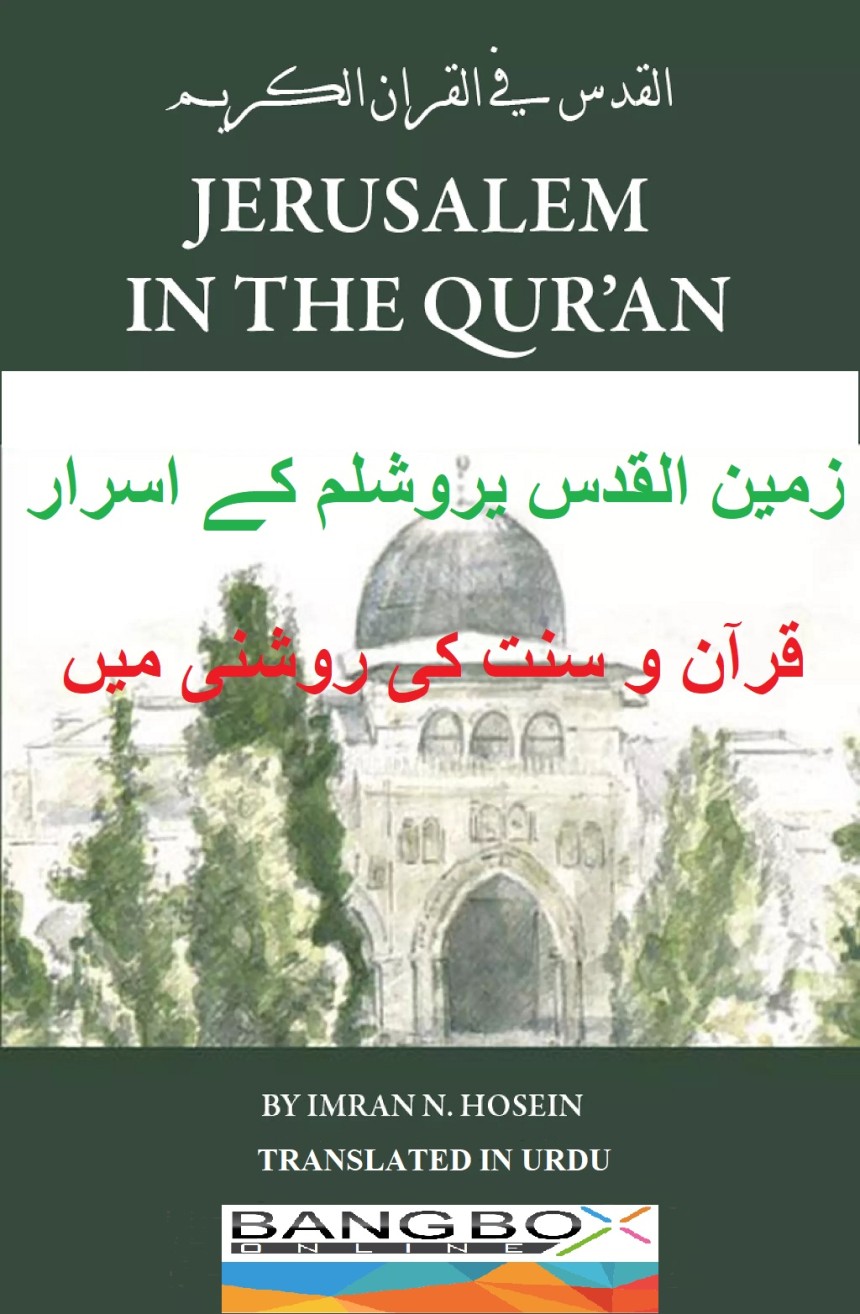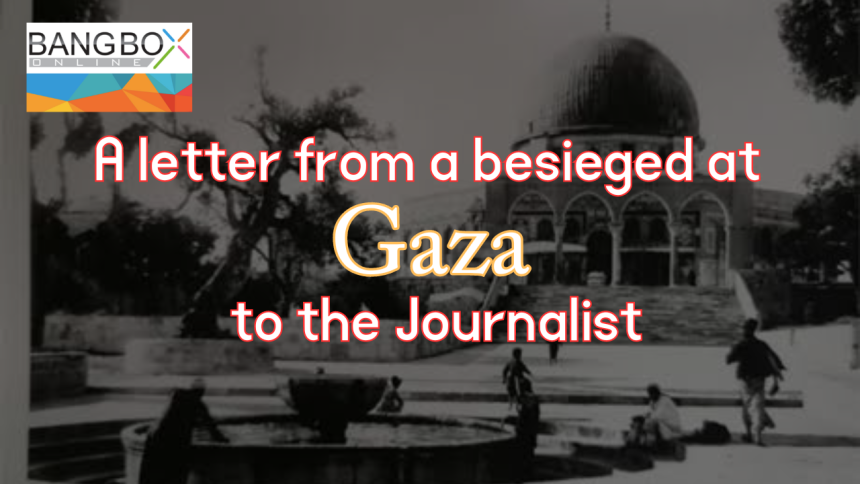
Reading & Writing; Lessons from Military History
“Reading makes a full man; conference a ready man; and writing an exact man.” “what we learn from history is that no one learns from history.”
1. Francis Bacon said, “Reading makes a full man; conference a ready man; and writing an exact man.” The first time when one was required to fill application form for admission in college, he filled “reading & writing” as hobby; the act was inherited. Good Habits continue with life and develop into meaningful purposes. Reading and writing essays is one such meaningful purpose of the habit reading and writing. The writer involved into essay writing from college life and will always remain thankful to the teachers at school and college to develop the necessary faculty in this regards. The quantum and years of reading has doled out one profound lesson “what we learn from history is that no one learns from history,” as said by Otto von Bismarck.
2. It was 1989 that one took upon to compete in an Inter Services Essay Writing Competition. The topic was about the “Role of Armed Forces in Nation Building.” It was necessary to have a good reading and knowledge on the history of Armed Forces since independence or even pre independence. One was then just a newly commissioned officer and still undergoing training for Bachelor of Engg Degree. One had only vogue ideas on historical back ground of Armed Forces. The country came into being after division of British India into two countries India and Pakistan. Similarly, the Armed Forces were also created after division of Royal British Indian Forces (RBIF) into Royal Indian & Pakistan Forces. The most prominent known facts to most of the countrymen then were wars of 1948, 1965 and 1971 from the perspective of military eyes and ears. Not much was taught about anything else, although country had remained under martial laws for period more than under democratic set up till then.
3. The research was carried out and seniors as Instructors from early 70s entry were requested for guidance. It must be remembered that many officers were serving who had fought war of 1965 & 1971. Most of the seniors highlighted Pakistan Navy role in daring bombardment of Dwarka and sinking of IN Ship Kukri by PNSM Ghazi. Few highlighted negatives of martial laws and Gen Ayub Khan’s negative sentiments about PN. One good suggestion was to consult Library. There was a section about Pakistan history and many books were available in college Library. A quick search helped to identify few books with references of events taking place b/w 1940-1980s.
4. The frame work for the essay was formed and draft was prepared. The genesis of Armed Forces on the birth of country and its creation from the body of Royal Indian Forces and role after independence till the horrific crash of C-130 in August 1988 resulting in mass killing of about three dozen senior military officers including President Gen Zia Ul Haq was discussed and it covered about 3000 words. It was not at all a very rosy past which could be taken as pride for Pak Army as the major partner in the power struggle for various reasons.
5. Some of the salient points that still reverberate in memory were as follows:
a. Pakistan Armed Forces were in essence liberal, secular and disciplined bonded by strict chain of command in line with its parent organization RBIF.
b. The Forces had No role in the independence movement of Pakistan; in fact some elements had opined to retain the structure of parent organization.
c. The three most prominent Infantry Regiments namely Punjab, Bolach & Piffers and Armoured Corps were formed well before the Fall of Mughal Empire in 1857. In fact British East India Company used the components of those forces comprising the personnel inhibiting from areas comprising Pakistan today.
d. The struggle of Muslims in India to over throw foreign occupiers was termed as mutiny by RBIF and the structure of above mentioned regiments were so construed that many took pride being proud followers of those who won gallantry awards from British Crown after winning war against mutineers.
e. The Officers of Pak Army had developed notions of guiding the country in political matters from very beginning. There was tussle b/w left (communist) leaning and capitalist (west) oriented officers. The majority was western leaning group and had powerful support from other elements of government i.e. the administrative and judicial services in addition to notable political and civil society groups.
f. The notable exception was Pakistan Navy and Pak Air Force, which delineated themselves away from colonial past and mostly remained away from power politics and only focused into professional matters. Gen Ayub dethroned PN from seniority as per British traditions to second position; thus heralding clear signal that Pakistan Army would monitor and control all land affairs with no interference.
g. The segment of Pakistan Government Services comprising west leaning military, administrative, judicial officials, political and civil society members, mostly from West Pakistan areas, were not very appreciative of East Pakistan population and its participation in the affairs of national governance. Since, Pakistan Army had overtly taken over command of country, so all the blame of misdoing was attributed to it. The majority of Pak Armed Forces consisted of Punjab, so the derogatory term “Shala Punjabi” was uttered by Bengalis while refereeing to odds faced by them.
h. The fall of Dhaka was attributed to Pak Army and Gen Yahya & Gen Niazi were pasted with all the blames. However, no serious effort was made to unearth the real causes for the unfortunate loss of Eastern Wing of the country through surrender by the Pakistan Armed Forces in war against India. The images and stories about sordid events during last 02 years including Operation Search Light only contributed to the loss of National Pride.
i. The above were not all the list, like meddling in the political affairs through civil servants, civil society members, actions following imposing of martial law in 1958 and 1977 in addition to debacle of East Pakistan. It is noteworthy that the entire event related opinions were referenced from the published books.
6. After about jotting down 60%, the draft was handed over to the Dean of the Department for consulting few points and taking input on the draft. The other day, he told in clear terms that the essay will not be forwarded. He advised that certain truths are never told in black & white. The remaining part of the essay was to cover likely future role and methodology to involve the Pakistan Armed Forces in National Building.
7. The structure and buildup of Pakistan Armed Forces has to be like a National Military. Pakistan is an ideological country and by very nature she must have a strong Armed Forces trained and maintained to safe guard the territorial and ideological boundaries. She must have a well-educated, well oiled, well fed, disciplined, ideologically indoctrinated and armed to the teeth Armed Forces so that the message of real business is transmitted to all concerned quarters of geo political interests. One lesson of history one learnt is that Armed Forces are the utmost component of a State and fundamental element to counter all kinds of threats. We lost East Pakistan because we failed to formulate a National Ideological Strategy and National Armed Forces to safe guard its frontiers.
One problem area that developed after independence is that with every passing day reading and writing became an outdated fashion in Armed Forces of Pakistan, like any other segment of society; so much so that as per an estimate only 10% of Officers now have a habit of reading and out of those 10% only 5% care for writing. Any meaningful dialogue and research base participation in National Building has become a lot more cumbersome.
Written by Cdr (R) Muhammad Asif Raza PN




